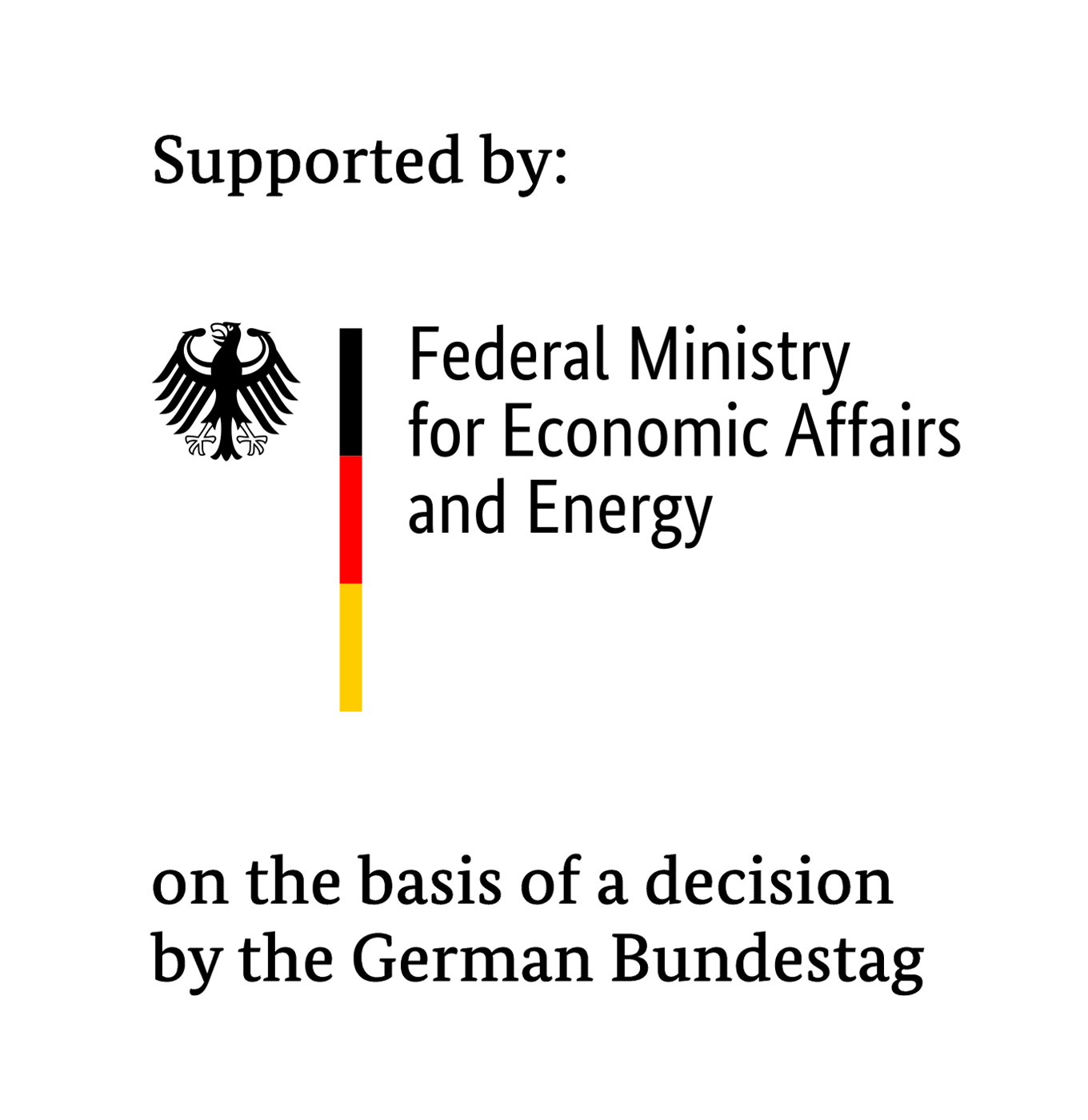ProSekko – Flexibilization of heat supply using heat pumps through forecast-based sector coupling and operational optimization
The transformation of the heating sector is essential to achieving climate targets. Heat pumps play a crucial role in this transformation, as they enable the electrification of the heating sector and thus the improved use of renewable energies by making the load more flexible. A grid-friendly mode of operation for heat pumps is essential to maintain the stability of the power grid.
As part of the project, the flexibility potential of heat pumps with buffer storage tanks is to be analyzed and utilized in practice through sector-coupling operational optimization. In order to take into account the interests of all stakeholders, such as distribution network operators, energy suppliers, and end customers, multi-criteria mathematical optimization is to be used.
The plan is to put the research results into practice using two areas as examples: a central heat pump with a local heating network, and decentralized heat pumps with a low-calorific thermal network. To control the heat pumps in the field in a grid-friendly manner, it is important not only to configure interfaces that comply with data protection regulations, but also to clarify legal issues and incorporate high-quality predictions into the optimization process. These predictions are to be generated using artificial intelligence (AI) and data-driven models.
The knowledge gained and methods developed in the project, as well as the processed sample data, will be made available to the scientific community. The initiation of an international cooperation project within the framework of an “Annex” will strengthen scientific exchange in the IEA's TCP. Furthermore, the optimized use of heat pumps offers overall economic advantages and is also essential for successfully advancing the decarbonization of the heating sector. The utilization of the flexibility potential of heat pumps thus has a significant impact on the energy transition.
